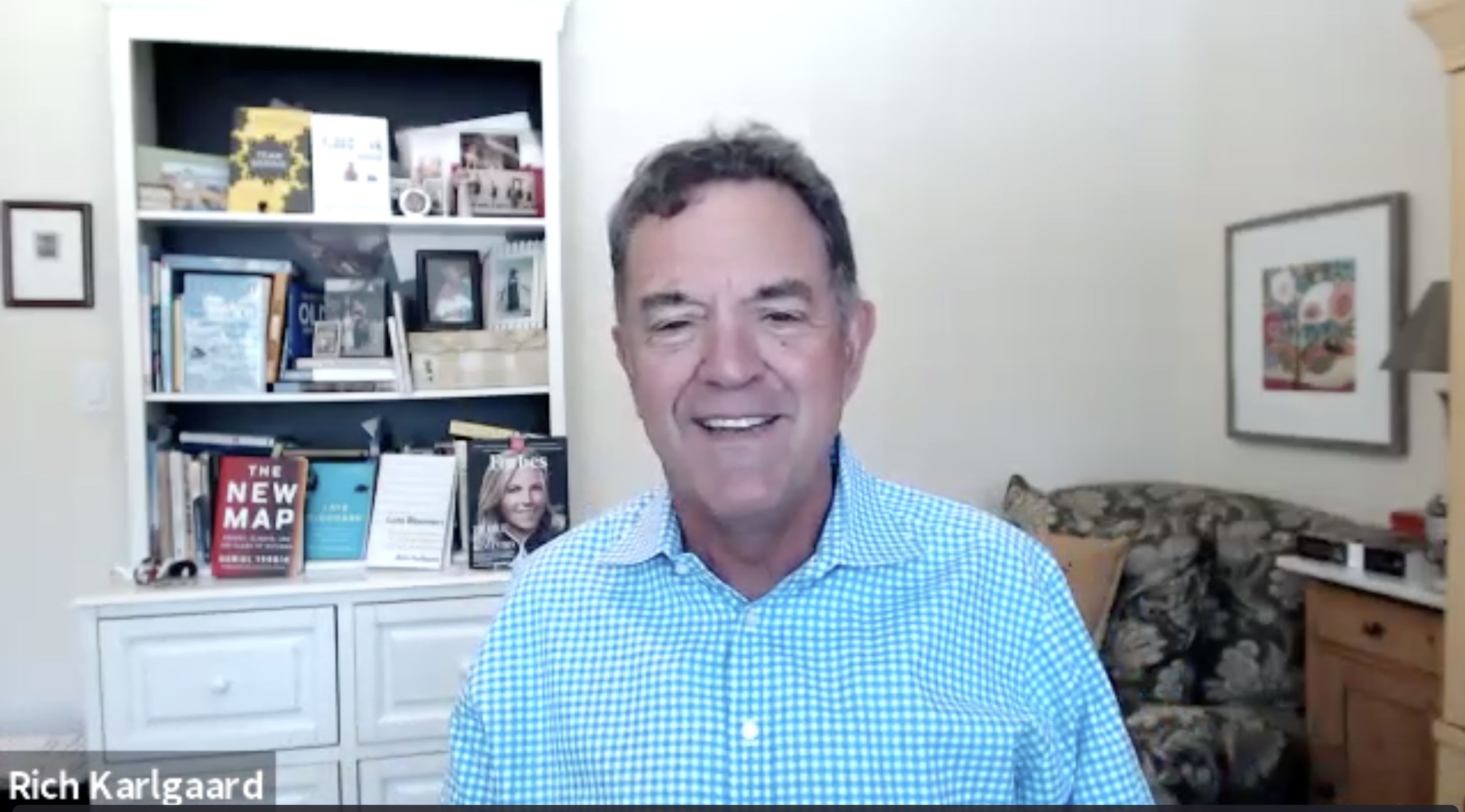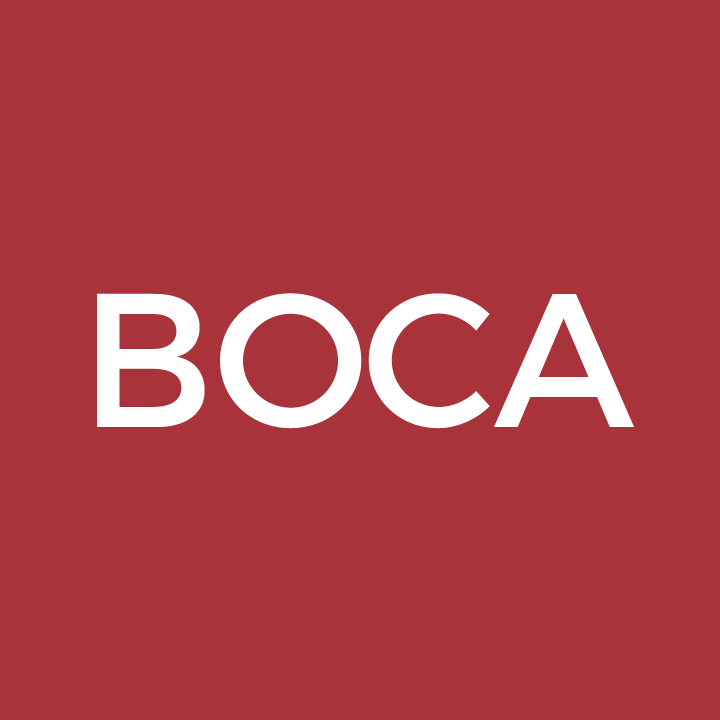 Rich Karlgaard, a renowned futurist and author, is in his 29th year at Forbes and his 23rd as publisher of the main magazine. However, his first real job was as a technical writer for the Electric Power Research Institute in Palo Alto, California.
Rich Karlgaard, a renowned futurist and author, is in his 29th year at Forbes and his 23rd as publisher of the main magazine. However, his first real job was as a technical writer for the Electric Power Research Institute in Palo Alto, California.
“Working with engineers just opened up a whole side of my brain that had never been used—the rational, methodical side,” Karlgaard said. “And to me, it was just fascinating.”
Later he launched a business magazine for venture capitalists in Silicon Valley called Upside. Then Steve Forbes called him at home to start a spinoff of his family’s namesake called Forbes ASAP. Today, he writes a column in Forbes called “Innovation Rules” and also serves on the advisory board of the Forbes School of Business and Technology, which is part of the University of Arizona. Karlgaard’s latest book is called “Late Bloomers: The Hidden Strengths of Learning and Succeeding at Your Own Pace.”
In May, Karlgaard spent time with the BOCA Communications team to give his take on the future of work, tech trends and what makes a compelling interview. Here are five takeaways from Karlgaard’s visit with Boca.
- Ransomware Threatens Key Infrastructure
Businesses are suffering from ransomware attacks, which can bring “black swan” events that are unpredictable and potentially severe. “Cloud computing and ubiquitous edge computing mean there are more windows for somebody to sneak in,” Karlgaard explained. Karlgaard worries about the security of the electric power grid after the recent attack on the Colonial Pipeline, which led to gas shortages in the Southeastern and mid-Atlantic states. Colonial Pipeline usually carries 2.5 million barrels of gasoline, jet fuel and kerosine through the Texas-New York pipeline.
- COVID-19 Has Made CEOs More Empathetic
In the past, tech companies were known to have tough CEOs that created a culture of fear, according to Karlgaard.
“How can you be innovative in a culture of fear, where you have meetings to discuss what you’re going to talk about at the main meeting, and then you have meetings to discuss what was discussed at the meeting, so that everybody can cover their backsides,” he said.
The COVID-19 pandemic has now changed the culture for CEOs and made leaders more empathetic. He says CEOs and leaders now must show empathy for their employees. The coronavirus has put pressure on CEOs and C-suite leaders to be good people, he said. It is a “positive development of COVID-19.”
- Interviewees Need a Compelling Backstory
When Karlgaard is “pitched” interviews by PR professionals, he has some criteria before accepting the opportunity. Karlgaard wants to know “what is the making of you, what are the key events, whether it’s where you were born or activities you did as a youth or big obstacles you overcame,” he said. “Unless somebody is willing to go there, I’m not interested in them no matter who they are.”
In addition, Karlgaard is looking to interview people who have the potential to become a CEO someday. He cites his interview of Qualcomm CEO Cristiano Amon. When Amon was COO, Karlgaard received a pitch to run a guest op-ed by Amon in Forbes, but Karlgaard requested that he interview Amon instead. Karlgaard found it interesting that Aron had difficulty hiring marketing and salespeople because he had a technology background.
- Emergence of Women in Tech Is Inspiring
Karlgaard discussed some great leaders that have emerged in tech that are women. He cited Ann Chow, the CEO of AT&T Business, Accenture’s CEO Julie Sweet and Jennifer Tejada, CEO at PagerDuty, who he described as “really, really impressive” and “funny.”
He noted that though he is happy to see women emerge as CEOs, seeing women as CTOs also marks progress. He cited Catherine P. Bessant, the chief operations and technology officer at Bank of America, as an example.
- Work Environment Becomes More Flexible
In the new flexible work world, employees will have more say in where and when they work, Karlgaard noted. “Unless a whiteboard is essential, I think employees will have the new power in their ability to say this is what I want,” he said. “I think we’re in the permanent era of flexibility.” He noted that introverts like working at home because they are more sensitive to noise and light. “Some people are going to thrive mostly being at home; some people are going to thrive mostly or all the time being in an office and companies are going to have to figure this out.”
Changes in the workplace will not be a switch to turn on and off immediately, even if health officials happen to recommend such an abrupt change, Karlgaard noted. Instead, he sees people easing back to work one to three days a week and reluctantly returning.
“I think we’re in the permanent era of flex,” Karlgaard said. “I think we will look back and say that COVID was one of those events that actually brought us to a better world that way.”
We appreciate Rich’s time that he spent with our team at BOCA and learned a lot of great information we can take to our clients. Thank you for your time.
Kathleen Shanahan, BOCA’s Founder
